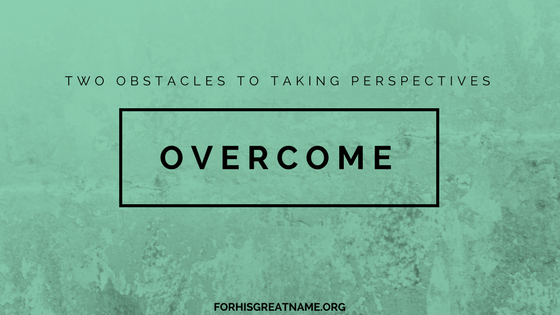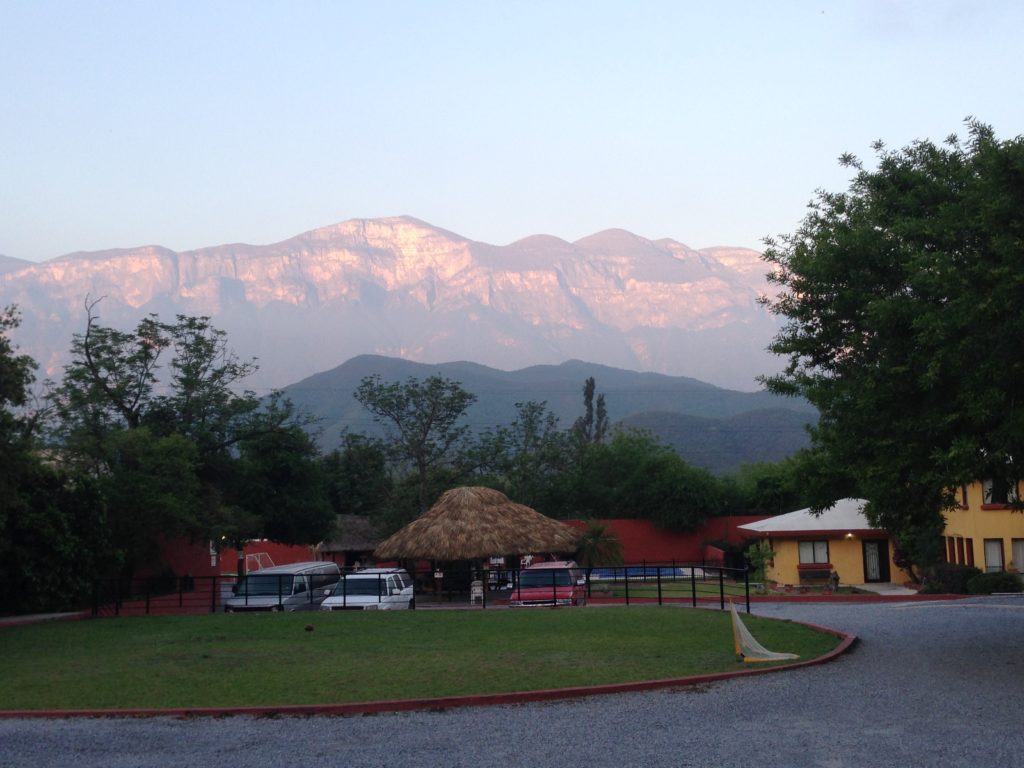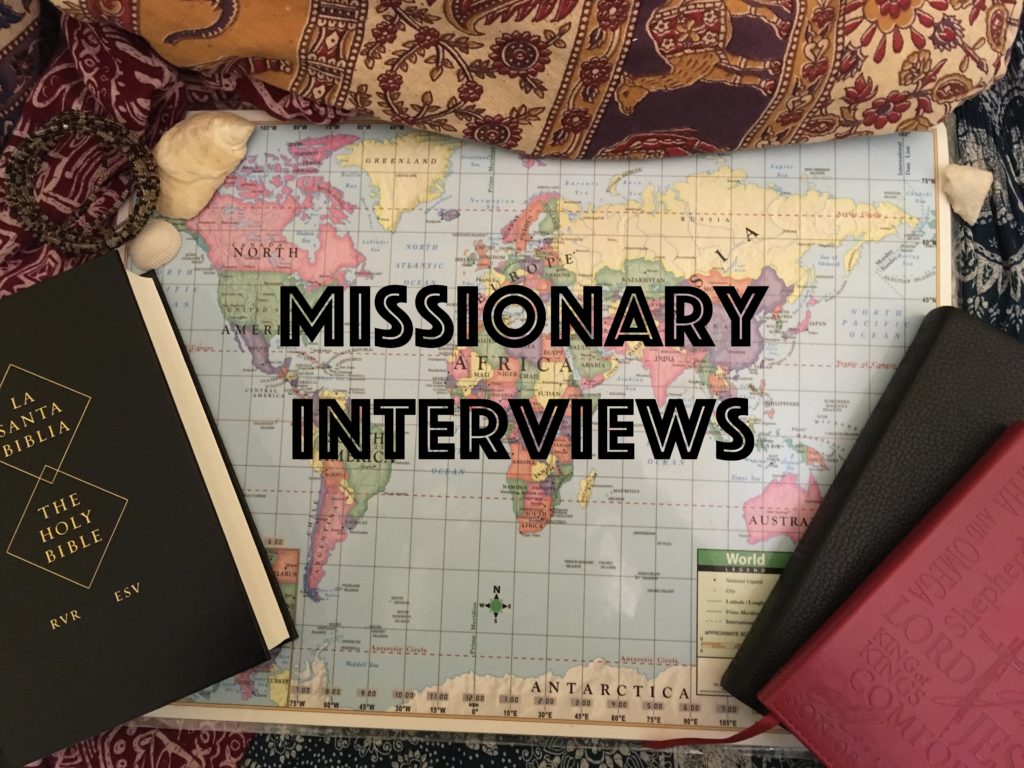“The British are coming, the British are coming.” It is one of the best known call to arms in all history. It was a call to war, a call to fight, to gather with the other soldiers against the enemy. But, most importantly, it was a call to follow the general wherever he led them in a pursuit of freedom for all people.
Throughout history, there have been numerous amounts of call to arms. However, the call of the Lord to his people is the most important. He’s called each of us to a specific task – one that has been planned out before the beginning of time. Yes. He calls you. He calls me. And, he calls us to aid Him in the spread of His gospel to all the nations – to join Him in His mission and to follow Him wherever He leads.
He calls us all in many different ways and times as well as for different tasks. The Lord opened my eyes to the great need for the Gospel around the world, even at an early age. He instilled in me a desire for every tribe and nation to know and praise Him forever. Through reading missionary stories as well as praying for the nations with my family, I was constantly reminded that not everyone had had the chance to hear about Jesus. Even though I didn’t know how I was to serve God, I knew it was His will that I was supposed to follow Him.
In God’s perfect time, He placed someone in my life that would help me get started in the exploration of what the Lord would have me do for Him.
It all started in an amusement park. No, I’m not joking. We were surrounded by people, roller coasters, noise, food, and just craziness in general. But, the Lord can use anyone, anywhere for His plans – even a young lady at an amusement park. This young lady was visiting the park with us and she and I happened upon a conversation about what she did for work. She happily informed me that she was a missionary pilot-mechanic. I was intrigued as I listened and talked with her about it, delighted to discuss and learn about what God was doing through pilots all around the world as they flew missionaries to parts of the world that were previously inaccessible. This experience ignited my passion for following Him in His mission once again as I looked into what it would be like to become a missionary pilot.
I pursued this new interest with passion, believing that it was what God had called me to do. After attending a week-long summer camp at JAARS, NC, where I was able to explore what it would be like to fly airplanes, create a flight plan, work with airplane engines, and much more, I came home extremely excited. It seemed as if this was just what God wanted and that I was right on track for what he wanted me to do.
However, over time, as I thought about it, I realized that I was not entirely suited for flying as a missionary pilot. As an extrovert, it would be very difficult for me to fly for hours, on most occasion, by myself. That, along with my growing interest in medicine, and a few other factors, caused me to start to doubt whether being a missionary pilot was really how God had called me to serve Him.
This left me confused and bewildered. Why had God led me to explore being a pilot if that wasn’t what He was calling me to? I felt like I was betraying my passion and abandoning His call on my life. I didn’t understand why I was suddenly feeling called to something else. The problem was, no matter how hard I tried to leave the idea of medical missions, it just kept coming back. This doubt was aided by the fact that my dad was encouraging me to look into medical missions, knowing my personality and what I’d most likely better be suited to do. I tried to figure it out, reason what was going on. But I just couldn’t. Confused and lost, I ended up giving it to God – what I should’ve done in the first place – trusting Him that He would lead me. Yes, I didn’t understand, but He would work things out. I was only in eighth grade after all. I didn’t have to have everything planned out perfectly. He would bring to light, in His perfect time, what His call on my life would be.
As the years went on and I got older, I developed my interests and pursued things that I found that I enjoyed. One of these things that I found was writing. I discovered that writing – both non-fiction as well as fiction – could impact people for the gospel. So, I started a blog this blog, whose theme was the spread of the gospel, educating others about missions, and my journey as I explored God’s call on my life.
Continuing to pursue the passion that God had given me at that time, I eventually ended up planning and starting to write a novel. Even though it was a fictional work, I was overjoyed by the fact that I was able to instill biblical truths into it. Mainly, the truth that our pain will be turned to joy through Christ – that pain is not worthless. I realized that stories were able to teach others about Jesus, too – reaching even people that might not be open to listening to someone talk about Jesus.
And that brings me to where I am today. I am currently pursuing publishing for my novel, Author Rights, while at the same time, trusting God for where He will lead. I don’t exactly know how my current interests will play out in His call on my life, but I do know that He is able and willing to use what He has given me to make an impact on the world for Him. So, I will answer the call to arms, willing to fight for Him, following where he leads.







